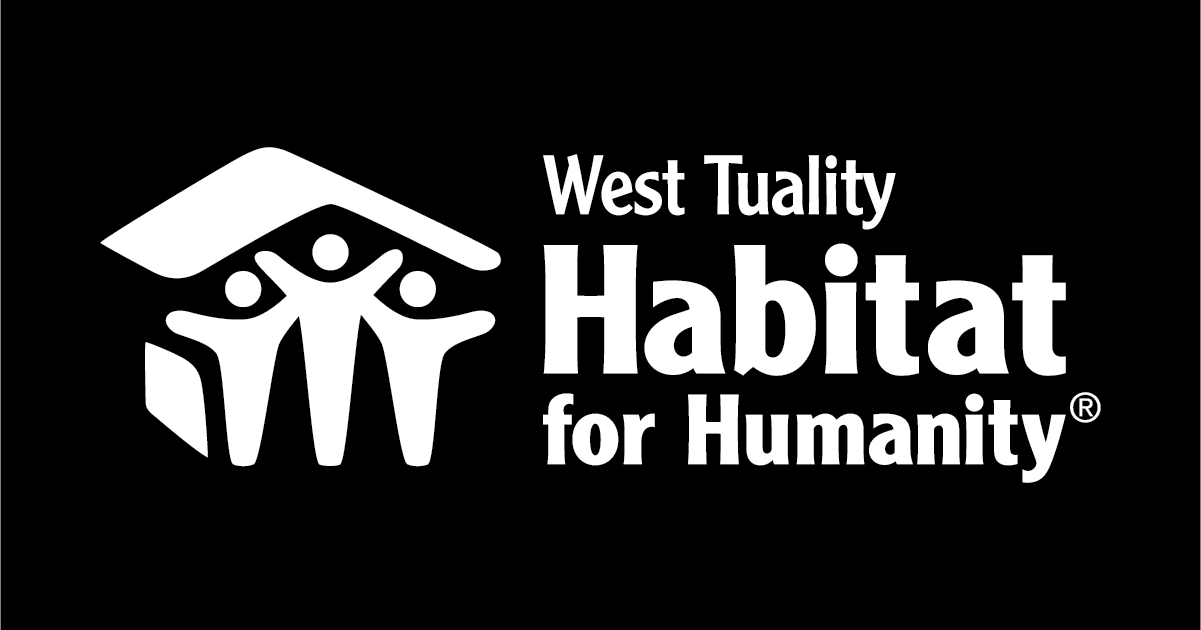Habitat’s commitment to ethics & safeguarding
Details of Habitat for Humanity International’s commitment to safeguarding can be found in Habitat’s safeguarding policy, or you can view Habitat’s safeguarding orientation video in English or with Spanish subtitles to learn more about what safeguarding is, how to recognize safeguarding violations and how to report them.
Becoming a Habitat volunteer comes with great rewards and responsibilities. Volunteers are representatives of Habitat for Humanity and our mission. When you accept a volunteer role with Habitat for Humanity, you are committing to act in a way that promotes Habitat’s mission, respects the local community, and ensures the safety of all participants. In addition to complying with all laws, regulations and Habitat for Humanity policies, all volunteers are expected to follow the volunteer code of conduct noted below.
Principle 1: Respect
Promote a respectful community.
Treat all volunteers, employees and community members with respect, courtesy and dignity.
Avoid insensitive or offensive language.
Refrain from engaging in physical or emotional violence toward others.
Make efforts to understand and honor the local culture.
Follow all rules and policies set forth by a staff member or supervising volunteer.
Using offensive language or behavior may be grounds for disciplinary action.
Principle 2: Prioritize Safety
Follow the instructions of team leaders & host programs.
Observe safe work habits & be aware of the safety of others.
Let host programs help you navigate a new setting.
Team leaders receive more training and may spot safety issues other volunteers would not see.
View volunteer leaders as having the same authority as staff when staff are not present.
Consider safety at construction sites AND at the office, ReStore, Habitat
events, and repair projects.
Principle 3: A Zero-Tolerance Approach
The purchase or possession of alcohol, illegal drugs or weapons is strictly prohibited on Habitat for Humanity property and volunteer sites.
Even if permitted by local laws or by the laws of the volunteer’s home country, this zero-tolerance policy still should be upheld.
Principle 4: Model Respectful Behavior
Model behavior that respects the human rights of all people and protects beneficiaries and children from exploitation and abuse.
Avoid inappropriate physical or sexual relationships with other volunteers, staff and community members.
At no time may volunteers engage in sexual activity with any Habitat beneficiaries or with a child (a person under the age of 18 regardless of the legal age of consent)
Principle 5: Follow Gift-Giving Guidance
Please do not exchange gifts with Habitat beneficiaries, staff or community members without first consulting with Habitat staff.
This helps avoid potential misunderstandings, embarrassment, injured feelings or jealousy.
Our staff are happy to suggest gifts that will benefit the entire community.
Principle 6: Protect & Safeguard Assets
Use reasonable care to protect and safeguard Habitat for Humanity assets.
Stealing, misappropriation or diversion of Habitat for Humanity funds, property, or other assets for personal benefit is not permitted.
Engaging in fraudulent activity regarding Habitat for Humanity’s assets, operations, or beneficiaries is also not permitted.
Principle 7: Maintain Confidentiality
Maintain and respect the confidentiality of volunteers, staff, Habitat beneficiaries and community members.
Unless you receive prior written approval from Habitat for Humanity International (HFHI), do not disclose confidential HFHI information or confidential information given to you by others or your by your local Habitat.
Violations of this code can be shared anonymously to Habitat for Humanity International via www.mysafeworkplace.com.
If you have questions about this code or want to discuss its applications, please contact West Tuality Habitat for Humanity at (503) 359-8459 or via email at volunteer@westtualityhabitat.org

